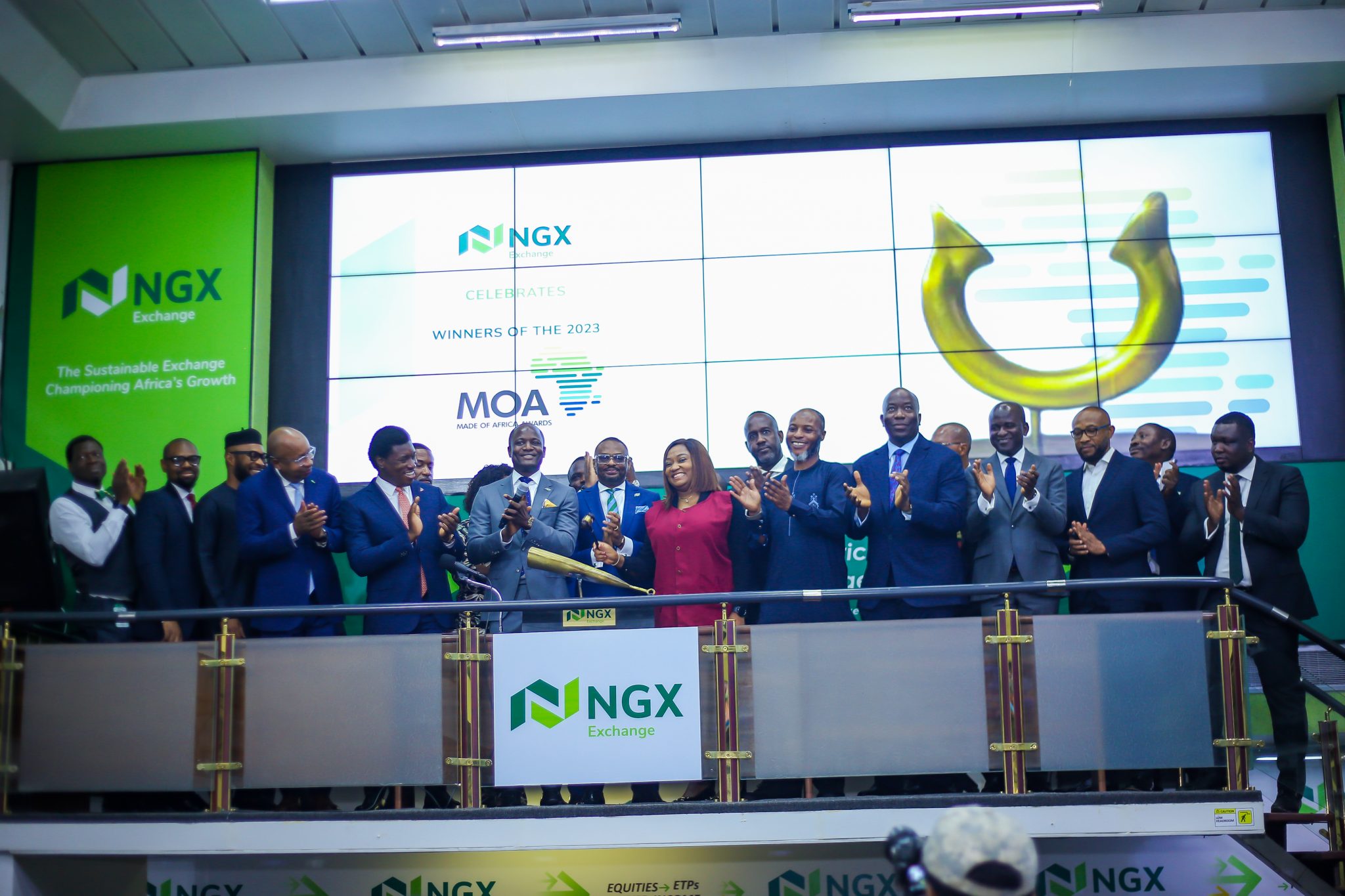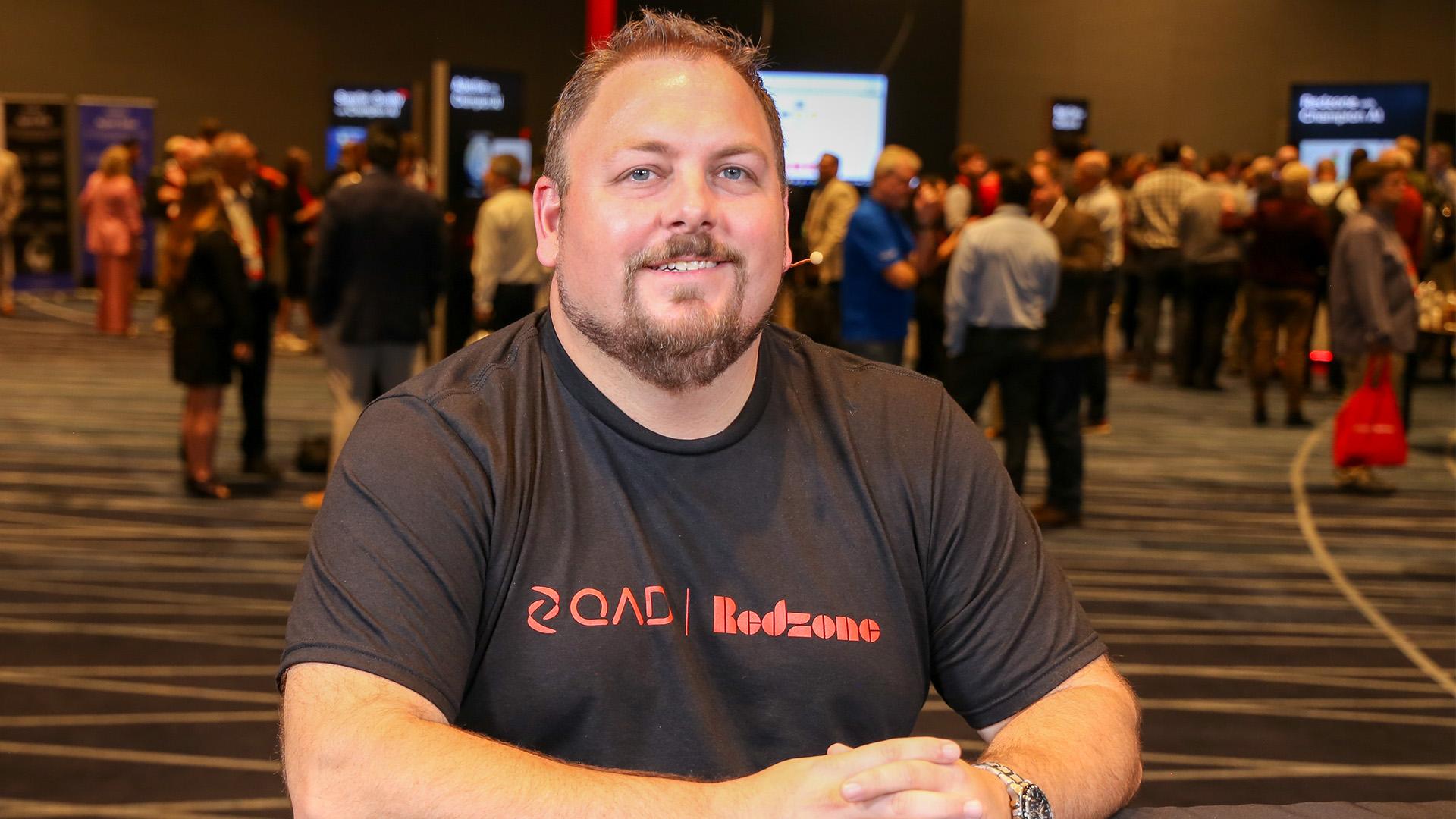Three years after the Nigerian Exchange (NGX) created a dedicated Technology Board to attract high-growth tech companies, not a single startup has listed on it. A new report from venture law practice TLP Advisory argues the absence is the result of multiple, mutually reinforcing lapses across founders, investors, the exchange, and market structure.
Nigeria’s tech ecosystem is one of the country’s strongest economic engines. ICT contributed 19.78% to GDP by late 2024, according to the National Bureau of Statistics, powered by over 3,000 startups, more than $1.18 billion in venture capital funding in 2024, and unicorns like Moniepoint and Flutterwave. Yet none of these companies have pursued a domestic IPO. In 2024, YC-backed internet service provider, Tizeti, announced plans to list on the NGX. TLP’s report suggests this gap is rooted not in lack of ambition but in misaligned incentives, poor awareness, and market limitations.
“All the players in the Nigerian tech ecosystem have a share of the responsibility here, from founders who mainly raise in USD and have therefore added another layer of complexity to listing in NGN, to investors who consider secondary sale and M&As as their only path to exit, to professional advisers who often overlook the NGX. But most of the buck stops with NGX in terms of awareness,” Funkola Odeleye, Co-founder of TLP Advisory, said.
The report surveyed 36 founders to gather quantitative data on their interests, awareness, and concerns regarding a potential NGX listing, supplemented by qualitative interviews with key stakeholders across the ecosystem, including venture capitalists and capital market experts.
Founders are cautious and confused
The report noted that founders are, in many ways, the first and most critical link in the broken chain. It reveals that 53% of founders who have not considered an NGX listing simply do not understand how local listings work or why they should pursue them. It found that”The NGX needs to do some awareness, “ Adewale Yusuf, co-founder of AltSchool Africa, said in the report. “We don’t understand a lot of things that happen on the NGX.”
The report suggests that founders are not actively seeking this information about the NGX because of the currency mismatch that presents itself from their very first funding round. The report shows that 76.5% of funded startups raise their capital in US dollars, even though their revenues are mostly earned in Naira. Still, foreign investors who invest dollars demand returns in dollars to avoid Nigeria’s currency devaluation risk. This creates what the TLP report calls a “fundamental economic tension” that makes a Naira-denominated exit on the NGX a currency mismatch, and renders dollar-based exits structurally more attractive to founders.
This combination of structural mismatches, knowledge gaps, and high-cost barriers creates a rational incentive for founders to look elsewhere. “Founders, and their investors to some extent, who know that IPOs are a possibility, have not averted their minds to the NGX, and only think of AIM or NASDAQ when these listing conversations come up,” Odeleye said.
Investors and advisers are M&A focused
The report also found that startup investors and professional advisers are key enablers of this drift to the preference of foreign listings. Although its survey shows a clear preference for a trade sale, with 45.8% of founders preferring an acquisition and only 20.8% named an IPO as their preferred exit, investors and advisers are shown to have tunnel vision for exits in the same manner, in a way that almost completely excludes the NGX. So far, Africa has seen over 60 acquisitions in 2025 alone, a 59% year-on-year jump, according to TC Insights data.
This preference is an active part of their investment strategy. Dolapo Morgan of Ventures Platform confirmed that VCs never factor in an IPO locally, viewing it as a highly improbable one-in-a-hundred opportunity. Investors also bear direct responsibility for the issue of currency mismatch in local listings as they are the ones deploying the USD to invest and, rationally, expecting USD returns.
The NGX is distant and shallow
While founders and investors share responsibility for the absence of local listings on NGX, Odeleye insists the buck stops with NGX for failing to build a bridge to the tech ecosystem. The exchange is repeatedly described as distant, and the report’s data on lack of knowledge provides evidence of this distance. Meaning that despite the NGX releasing its Technology Board listing rules in 2022, the practical steps have not reached the founders themselves.
The report also argues that the NGX may be perceived as distant, and why founders are rational to ignore it because the local market is simply too small. According to the report, the total market capitalisation of the NGX is $62 billion, almost 0.2% of the New York Stock Exchange’s (NYSE) $32 trillion market cap, pointing to a structural liquidity and scale problem.
The report calculates that just two $2 billion tech IPOs, a reasonable size for a unicorn, would constitute nearly 6% of the entire exchange’s value. Investors describe this concentration as unhealthy because it creates extreme volatility, making the entire market’s performance skewed by the fortunes of just one or two startups. It also means that the market cannot absorb a pipeline of such companies, which makes it a poor fit for a thriving ecosystem with multiple unicorns.
This lack of depth can create illiquidity, where an investor can’t sell a large block of shares without crashing the stock’s price, effectively wiping out their own gains, which is a primary fear for 16% of founders. The creation of this shallow market could also fuel the fear of the 26% of founders with valuation concerns. They worry that a market without a deep base of tech-savvy investors, who rely on traditional price-to-earnings (P/E) ratios and dividend yield, will fail to understand their growth models. The report calculates that a $100 million private-round company could be valued at just $60 million on the NGX, effectively punishing them for listing locally.
An aligned ecosystem
The findings show that there is no single fix; instead, the solution requires a coordinated strategy to align founders, investors, regulators, and the exchange to build a structurally viable market.
The report outlines a clear roadmap to make local IPOs an attainable and attractive option on the NGX, starting with better education and awareness. “The NGX has to parley with the tech ecosystem and not be distant; think roadshows, hosting information sessions, doing an ecosystem tour, inviting founders to the Exchange,” Odeleye added.
This engagement should be paired with regulatory and listing framework reforms, including simplifying requirements and documentation, and potentially creating a centralised digital portal to reduce the complexity of dealing with regulators. To address liquidity, the report calls for market-making incentives and broader participation from retail and institutional investors, and proposes exploring dual listing partnerships with foreign exchanges to reduce dollar dependence for companies that have already raised funds in dollars.
Fixing the Nigerian tech IPO gap will require ecosystem-wide coordination. Only by aligning awareness, regulation, capital, and market infrastructure can Nigeria’s capital markets support the scale and sophistication of its fastest-growing startups. Despite market challenges, there is optimism: 42% of the founders surveyed said they would seriously consider listing on the NGX if conditions improved.










